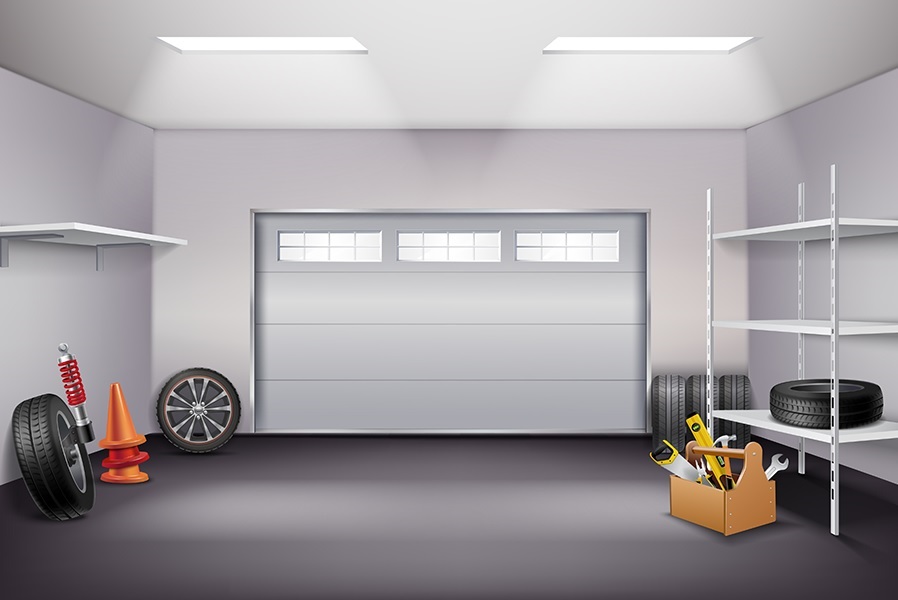Good sleep hygiene is a crucial element of a healthy and happy life. Without good sleep, we’re never quite at our best. Our bodies and minds never get a chance to recover and recharge, our energy levels are never full, and we always feel slightly off our best. Over time, a lack of sleep, or a lack of high-quality sleep, can weaken our immune systems, and make both physical and mental health problems more likely. If you are worried about how well you are sleeping, here’s a look at some changes that you could make to improve your sleep hygiene.
Leave Technology Out of the Bedroom
One of the biggest mistakes that you can make is sleeping with your phone next to your bed. Looking at your phone late at night gives it power over your mood, stimulates your mind, stresses you out and makes it harder to switch off. Things could be even worse if you are tempted to look at your phone if you wake up in the middle of the night. Leaving your phone in another room, and instead investing in a standalone alarm clock is one of the best things that you can do for your sleep hygiene.
Keep the Room Tidy and Uncluttered
A cluttered and messy room can make you feel stressed out and anxious before bed. Having too much unnecessary stuff, such as work tools or exercise equipment in your room can also mean that you have too much to think about, or even worry about, and it takes the focus off sleep. Make sure you clean your bedroom thoroughly, and that you have plenty of storage. If possible, take anything that isn’t about sleep or rest out, and devote your bedroom to sleep and peace.
Improve the Air Quality
It can be hard to sleep if your room feels stuffy, or if the air smells damp and musty. Try to open the window for a little while every day, add houseplants that can help with air quality, and consider investing in a dehumidifier if your windows regularly get condensation in the winter.
Lose Bold Colours and Prints
Bold colours and prints can look great, and many of us are keen to incorporate them into our décor. But in the bedroom, anything too bright, bold, or busy can stimulate your mind and make it hard to relax. Instead, try to stick to simple themes, pale colours, and peaceful tones.
Prioritise Your Bed
Your bed should be the priority of your bedroom. This helps you to get into the mood for sleep and makes it easier to avoid distractions. Getting rid of clutter and things like technology will help. But making sureyour bed is the first thing that you see when you walk into the room, adding cushions and soft textures, and investing in bedding that makes you smile can also be effective.
Sleep is incrediblyimportant, and it’s certainly worth making a few changes to both your bedroom and your habits to improve your quality of sleep. With these changes, it won’t be long until you are feeling more refreshed and en







